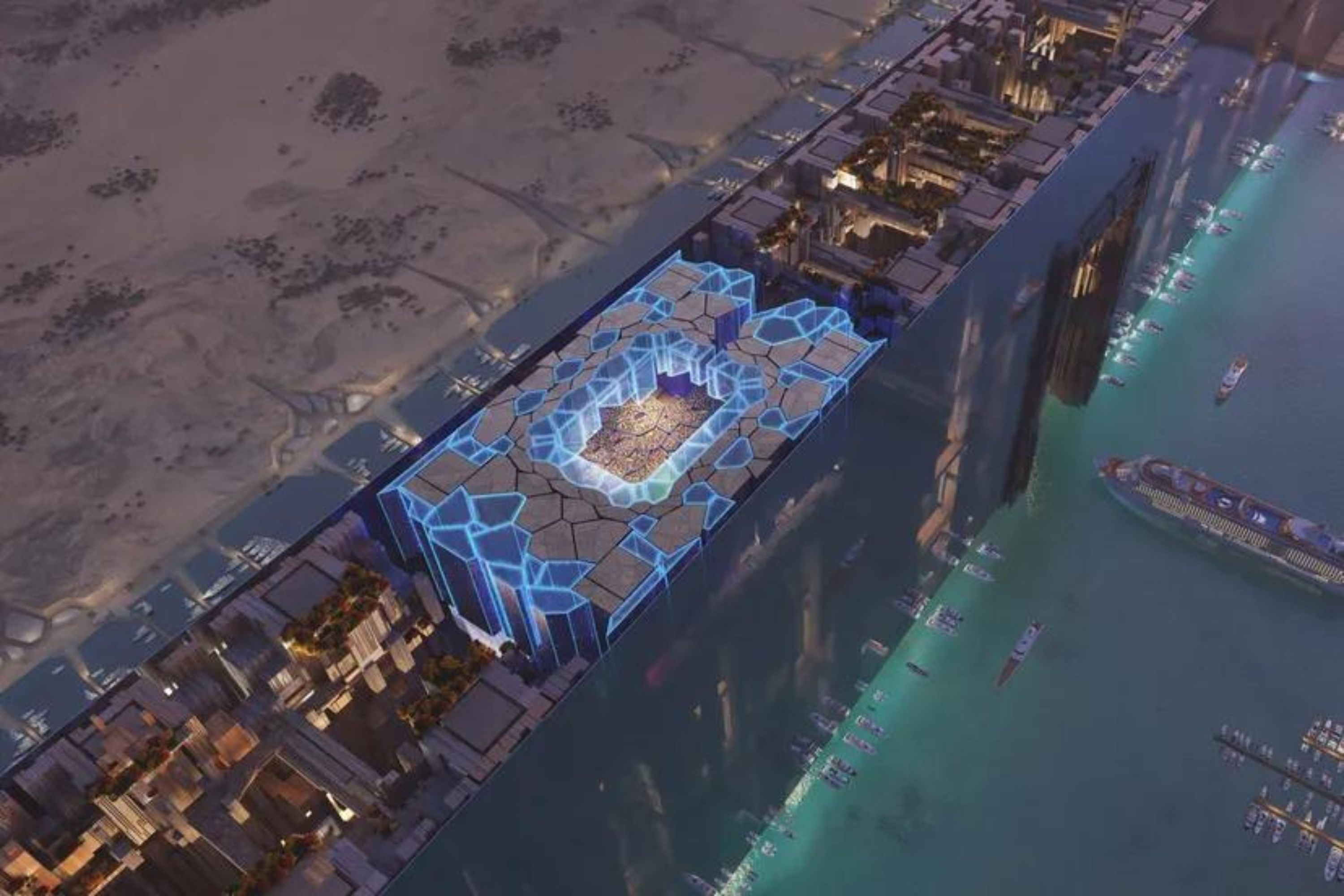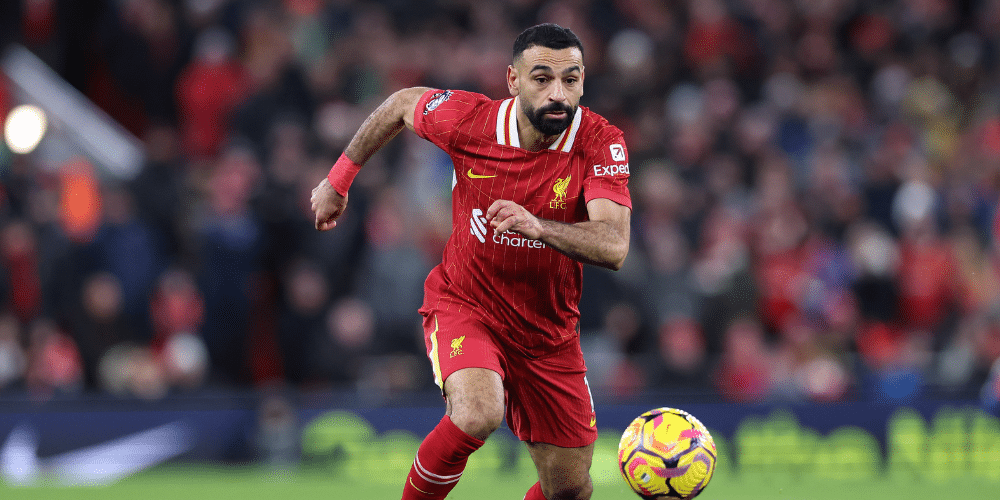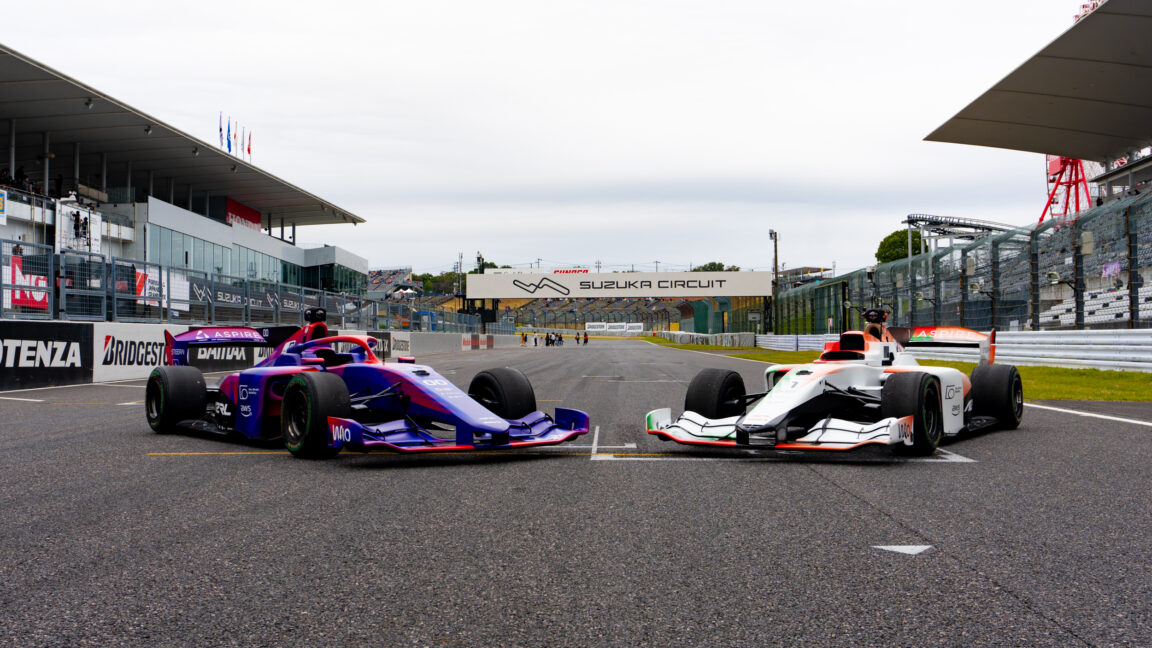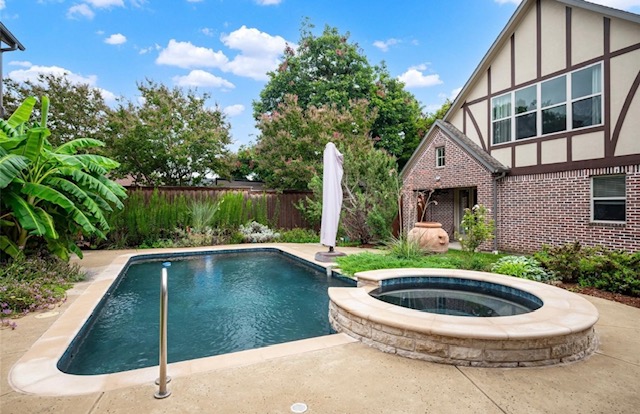World
World Cup stadium to sit on top of Saudi megacity

The crown jewel of Saudi Arabia‘s 2034 FIFA World Cup bid was unveiled Thursday on the sidelines of the Paris Olympics: a 46,000-seat stadium perched on a cliff more than 1,150 feet above the ground in NEOM, the country’s planned forthcoming smart city.
The megaproject along the Red Sea coast is “designed to stand out among the world’s most iconic landmarks,” according to the first World Cup master plan published by Saudi soccer officials and presented to FIFA president Gianni Infantino.
Saudi 2030
The World Cup bid is a key element of Saudi Arabia’s Vision 2030, driven by Crown Prince Mohammed Bin Salman, with Neom as one of its most ambitious projects. The city, with an expansive $500 billion budget, is envisioned as a linear metropolis extending across the desert and mountainous regions, spanning 106 miles.
“We aim to provide a diverse tourism, cultural, and sport experience in a great historical and civilizational heritage,” the crown prince, known widely as MBS, said in a foreword to the 250-page project document.
The Neom stadium will be part of the city’s first phase, called the Hidden Marina, that includes training pitches, hotels and a fan festival site. Beyond some basic renderings, few details are available about the design of the Neom Stadium, and its architect has not been made public.
Saudi Arabia plans to build 11 new stadiums should it be given the World Cup. The oil-rich kingdom has been confirmed as the only candidate to put in a bid for the 2034 event, with FIFA’s final confirmation set for Dec. 11 at a meeting of its 211 member federations.
According to the Saudi plan, the Cup will be hosted across 15 stadiums in five cities: Riyadh, Jeddah, Al Khobar, Abha, and Neom. Riyadh, the capital, will feature eight of these stadiums, including the planned 92,000-capacity King Salman International Stadium, which will host the opening and final matches. This stadium will later serve as the national stadium for Saudi Arabia.

Saudi 2030
The Saudi plan is to host the entire tournament alone, though there has been speculation some games could be offered to neighboring and nearby states.
Hosting sports and entertainment events is key to the Vision 2030 plan to diversify the Saudi economy and society. The scale of construction is likely to cost the Saudis hundreds of billions of dollars over the next decade.
The 2034 Saudi bid echoes the national modernization plan that Qatar undertook for the 2022 World Cup. Like its neighbor, Riyadh has faced international criticism for its human rights record and treatment of dissidents and human rights activists.
Do you have a story Newsweek should be covering? Do you have any questions about this story? Contact LiveNews@newsweek.com










